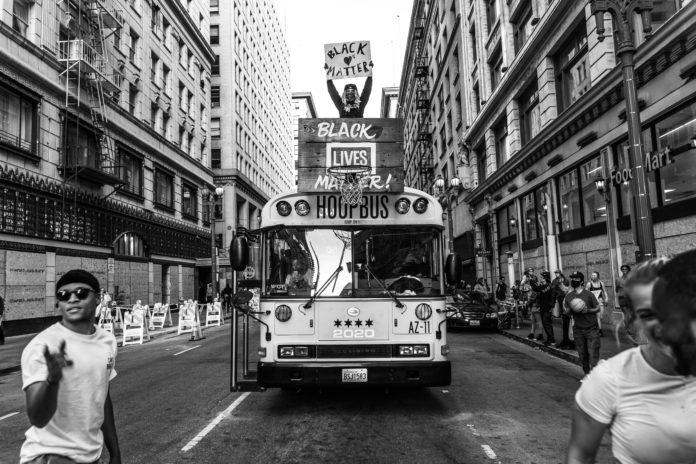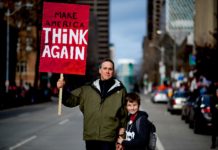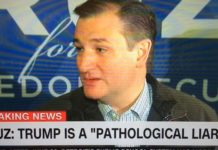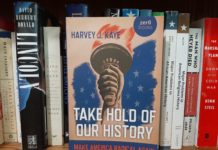
Photo: Omar Prestwich via Unsplash
On Aug. 26, 2020, the NBA players made a clear statement. They were in control and the decision to play, or not to, was theirs and theirs alone. When the Milwaukee Bucks decided that they weren’t going to play a Postseason Game 5, expecting to forfeit, they told the world that their values and the needs of their community took precedence over the game. And the league. Other teams followed. The NBA responded and cancelled all games that day. But this was the players in charge and the league simply following.
Over drinks a few weeks later, discussing what had happened, I was asked the question: Do the players actually need the league? After spending some time considering the economics of how teams drive revenue and manage their operations, it dawned on me that the NBA is unique amongst professional sports in that for that league alone, the answer, astonishingly, is No.
There are only five players on the court at a time and as the Miami Heat showed from 2010 to 2014, three superstars are enough to overturn the power structure of the league. As controversial as was the Lakers’ Lebron James’ famous 2010 “The Decision” to leave the Cleveland Cavaliers, it changed the dynamic of the NBA forever. Just as then-Commissioner David Stern feared when he urged ESPN President John Skipper not to air “The Decision,” today it’s the star free agent, not the coach or the GM who dictates what a team’s roster looks like. Players move in pairs and triplets. They now chose their teammates and coaches.
Yet the owners still reap the profits while the NBA has the most restrictive salary cap of any professional sports league. No other league has a maximum that an individual player can be paid. No other league has so much star power. Today, it’s the players, not the brands of the teams, that sell tickets. Marketing and ticket sales are predominately player driven. While the NFL sets its Monday Night matchups based upon the strength of team brands, the NBA chooses its marquee games based upon the strength of individual players; a free agency signing can take a team overnight from irrelevant to a top-tier draw that causes opponents to triple ticket prices when they visit. It’s safe to say that no other league has players as underpaid as the NBA. Compared to the revenue he generates for his team, Lebron James may be the most underpaid athlete on the planet, depending upon one’s view on NCAA athletes. His nearest competition would be the Net’s Kevin Durant, the Warriors’ Stephen Curry, the Clippers’ Kawhi Leonard, the Rockets’ James Harden, and the NBA’s other max contract holders.
What if they just decided to leave? To form their own league? Team Lebron, Team Durant? Or perhaps they’d chose other names. Team Breonna Taylor, Team James Blake, Team George Floyd. Imagine if they simply walked away, created their own teams, their own league; gave some of the proceeds and ownership back to their communities.
According to Forbes, NBA franchise values range from $1.3 billion to $4.6 billion. That’s $64 billion in total value of the league. If all the players left, or at least the biggest names, that value would crumble. Could you imagine that ESPN, TNT, and the other networks would not choose to televise the games with the world’s best players, the household names? Those networks currently pay $2.6 billion annually for the right to televise the NBA. Overnight you’d have a $64 billion transfer of wealth from older, rich, predominately White owners to young, Black players, their friends, and colleagues. It would be one of the largest transfers of wealth in our nation’s history, and likely the quickest.
It would also be the biggest statement that could possibly be made for the Black community. Not just a statement, but action. This wouldn’t be a debate about playing basketball, a slogan on a jersey, or a symbolic statement. This would be taking power back in a way never imagined. And it’s completely doable – at least for the NBA.
There are a few reasons why this could only happen in basketball. Football and baseball rosters are too large; too many role players with large salaries that would be hard to replicate in a start-up league. Those teams also draw a significant percentage of revenue from attendance and often own their stadiums. Given the capital costs, these venues would be hard, if not impossible, to replicate in the near-term. But basketball arenas are typically municipally owned and often shared with hockey teams, so it’s just a lease of an existing building. Concerts get those on a nightly basis. What venue wouldn’t salivate at the opportunity to host Lebron and Durant’s teams to play against each other. Even if they can’t get existing venues, like the Staples Center, there is no shortage of venues that need to be filled. And unlike other sports, TV revenue can nearly cover the players’ salaries even if they just played in a studio without live fans.
These fan-less games may be the plan for the NBA for the 2021-22 season regardless. It’s happening for this season. COVID-19 might have created the opportunity to make the move without having to consider the costs of renting venues or travel. A bubble is the safest, cheapest way to start a new league that would be poised to explode post-pandemic. Imagine cities bidding on these new teams and their young, Black owners, the way they currently give concessions and tax incentives to the current ones. The NBA has long been the most progressive of the leagues, avoiding the distance between the players and ownership that has been seen in the NFL around the protests started by Colin Kaepernick or MLB’s labor disputes. That reality might be because the league has always intuitively understood that, unlike its kindred organizations, the players actually hold all the cards.
In some ways, it sounds almost fanciful, like a dream from the United Automotive Workers or right out of a socialist textbook. Yet somehow it is also the quintessential example of the power of the free market upon which this country has been, and continues to be, built. In the case of the UAW, or any other labor union over the last 200 years, the owners have always controlled something essential to the process: factories, land, distribution networks, capital. But in this case, the product really is just the players. Everything else is a commodity. There is a reason that it’s become the game of the inner cities; all you need besides the talent is a hoop and a ball. Today that talent has a voice. And generates billions.
Pre-2019 this would have been far-fetched; a conversation over a beer that’s laughed off before the next round is even poured.
But its 2020, so one might simply ask: When?
If you like what you’ve been reading, please click here to subscribe and we will send you updates and our newsletter.





